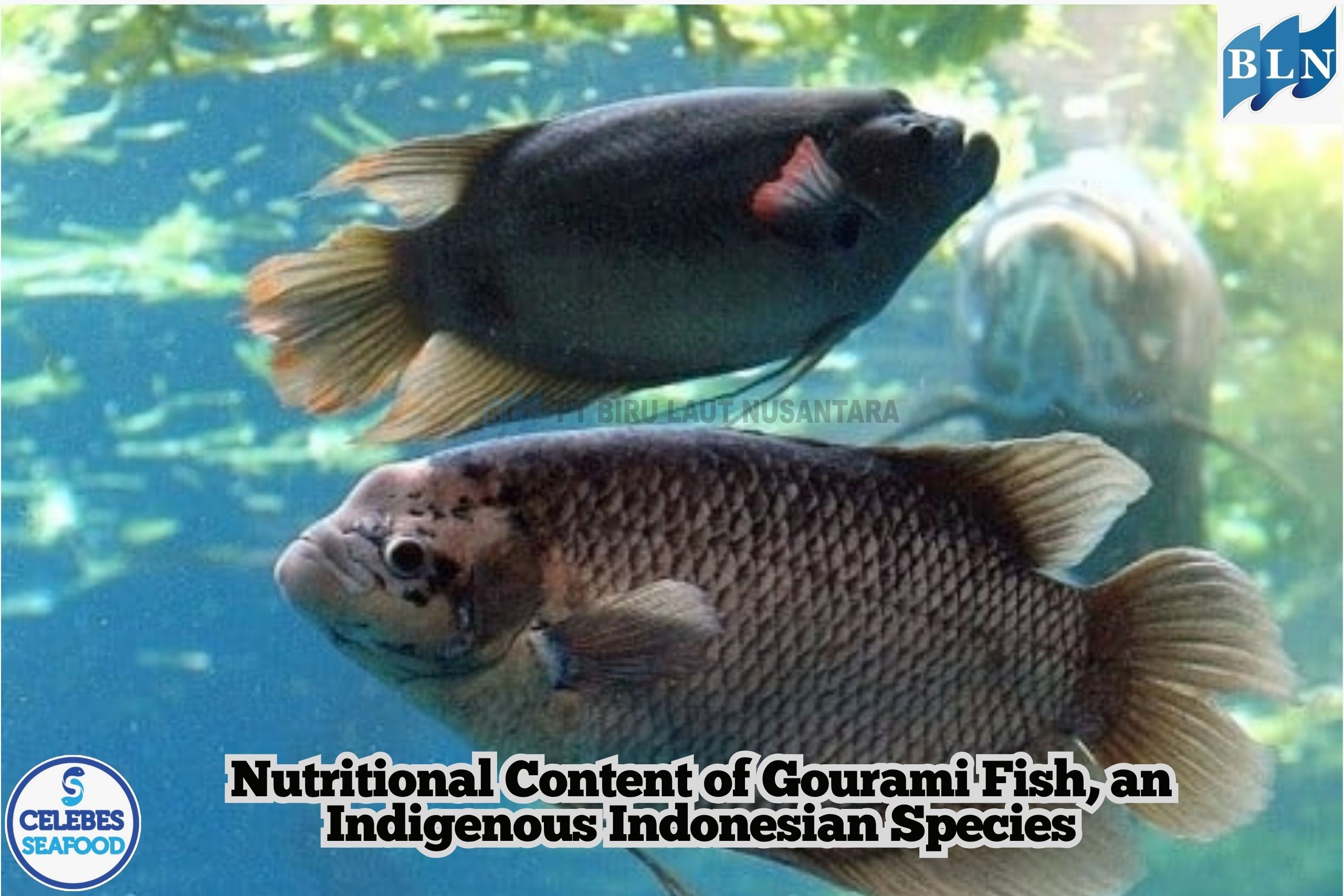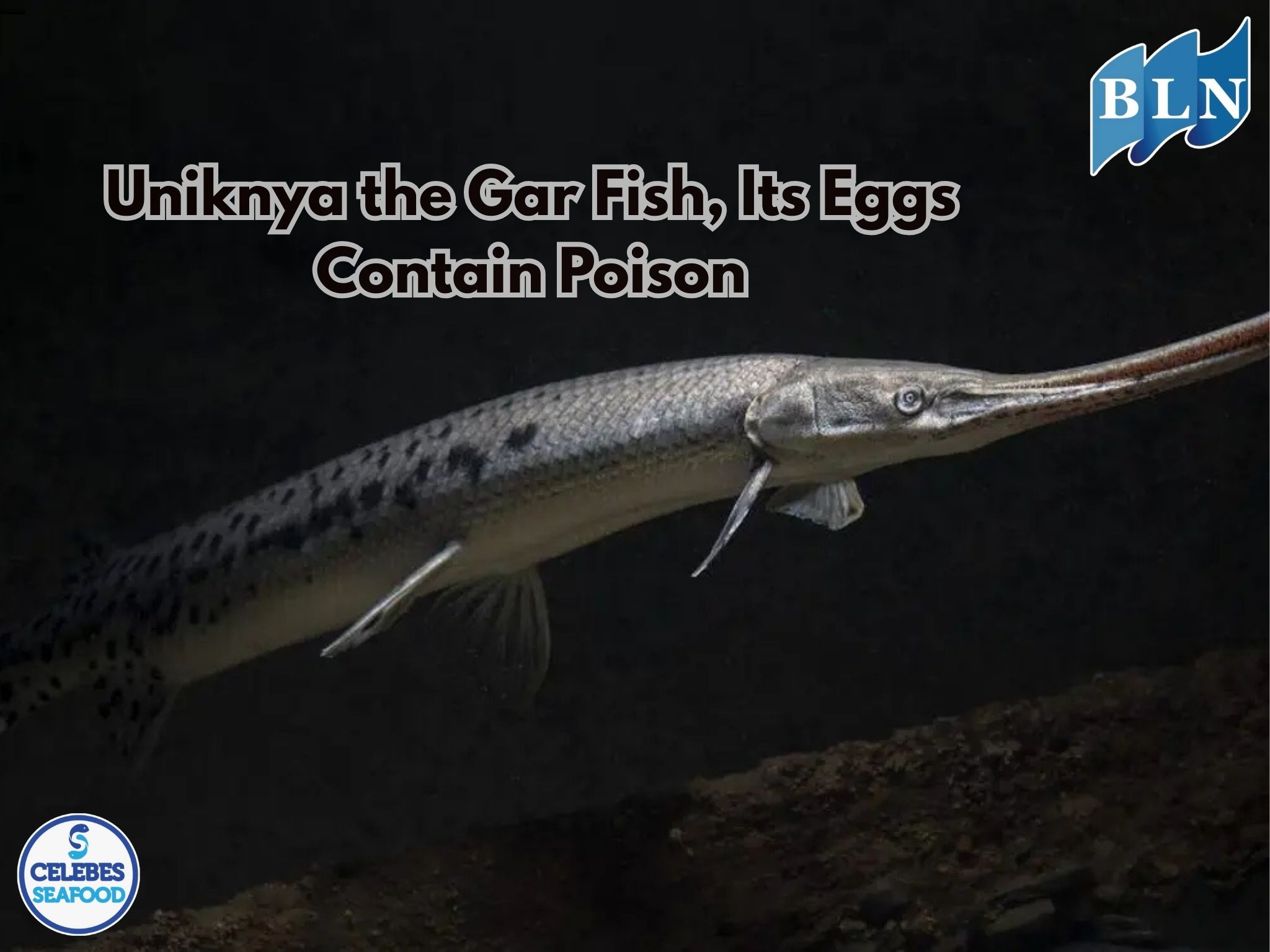Quality Standards and Food Safety for Frozen Mackerel Products
By. Tri - 30 May 2025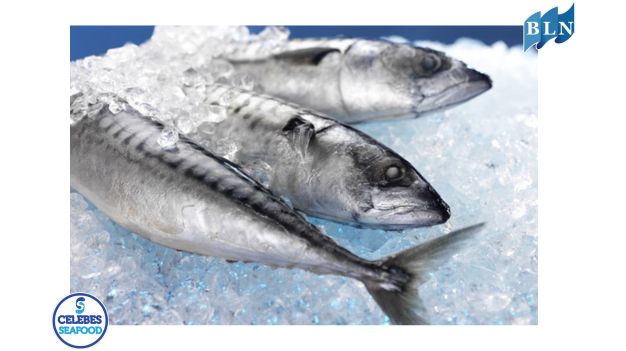
lautnusantara.com The frozen food industry based on mackerel is growing due to market demand for practical and nutritious seafood products. However, the success of this industry is largely determined by the implementation of strict quality standards and food safety systems, considering that fish is a commodity that is easily damaged if not handled properly.
1. Quality Standards for Frozen Mackerel
To ensure quality frozen mackerel products, here are some quality aspects that need to be considered:
- Cleanliness and Freshness of Raw Materials: The fish used must be fresh, free from bad odors, excessive mucus, and discoloration.
- Meat Texture and Color: The meat must be dense, not soft, and have a natural color (grayish white).
- Moisture and Ice Content: The moisture content must be controlled to prevent the formation of large ice crystals that damage the texture of the meat.
- Taste and Aroma: After cooking, the product must not have a rancid taste or unpleasant aroma.
- Free from Contaminants: The product must be free from heavy metals (such as mercury), parasites, and pathogenic microbes.
These quality standards generally refer to SNI (Indonesian National Standard), Codex Alimentarius, and export standards from destination countries such as FDA (US) and EU Food Safety.
2. Food Safety System
To ensure food safety, the frozen mackerel industry is required to implement the following monitoring system:
a. Good Manufacturing Practices (GMP)
Is a basic guideline for food processing that includes:
- Factory environmental sanitation
- Worker hygiene
- Handling of raw materials and products
b. Hazard Analysis and Critical Control Point (HACCP)
The HACCP system analyzes potential hazards at each point of production and establishes Critical Control Points (CCPs), for example:
- Freezing temperature ≤ -18°C
- Cross contamination control
- Temperature monitoring during distribution
c. Food Safety Certification
Processing companies usually need to have certifications such as:
- HACCP Certificate
- ISO 22000 (food safety management system)
- Halal Certification (for Muslim markets)
- BPOM Certification or SKP (Processing Eligibility Certificate)
3. Challenges in the Field
Some common obstacles in implementing food safety and quality standards include:
- Lack of human resource training on sanitation and HACCP
- Unstable cold chain during distribution
- High costs for certification and routine supervision
Implementing food safety and quality standards is not only a legal obligation, but also the key to increasing the competitiveness of frozen mackerel products in local and international markets. Producers must invest in hygienic production systems, modern freezing technology, and ongoing training to maintain consumer trust.
If you are interested in our KING FISH STEAK, WAHOO NATURAL CUT FILLET SKIN ON, WAHOO QUARTER CUT FILLET SKIN ON please do not hesitate to contact us through email and/or whatsapp.
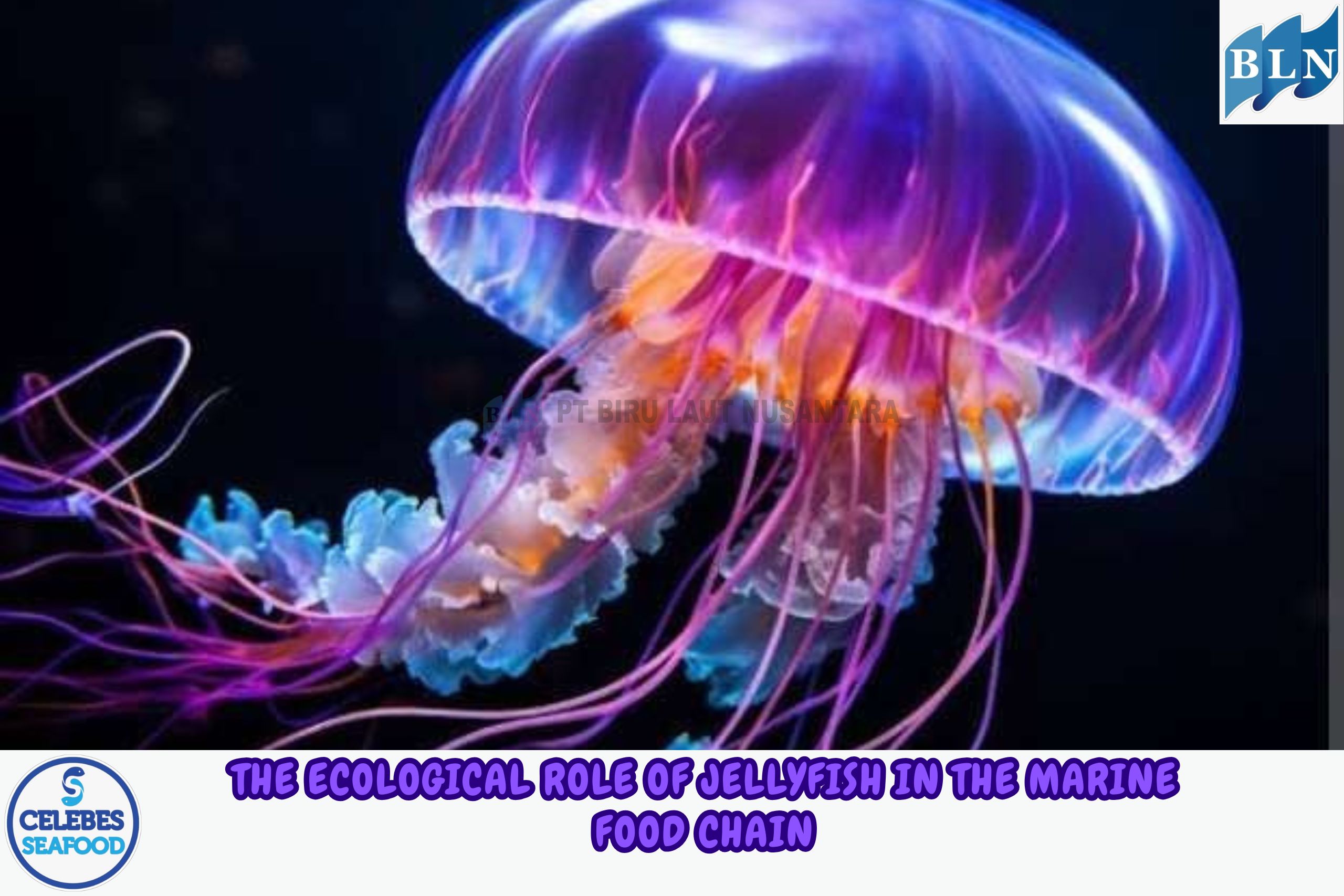
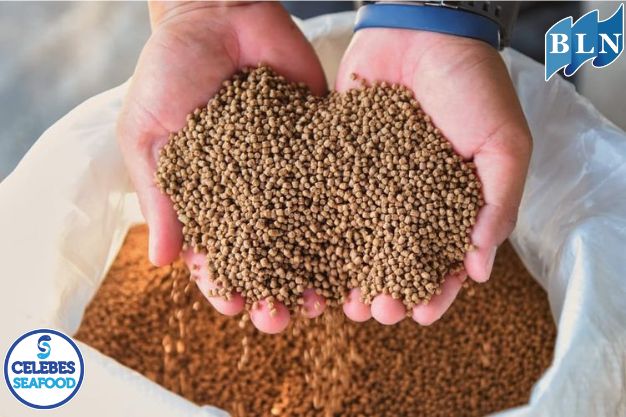
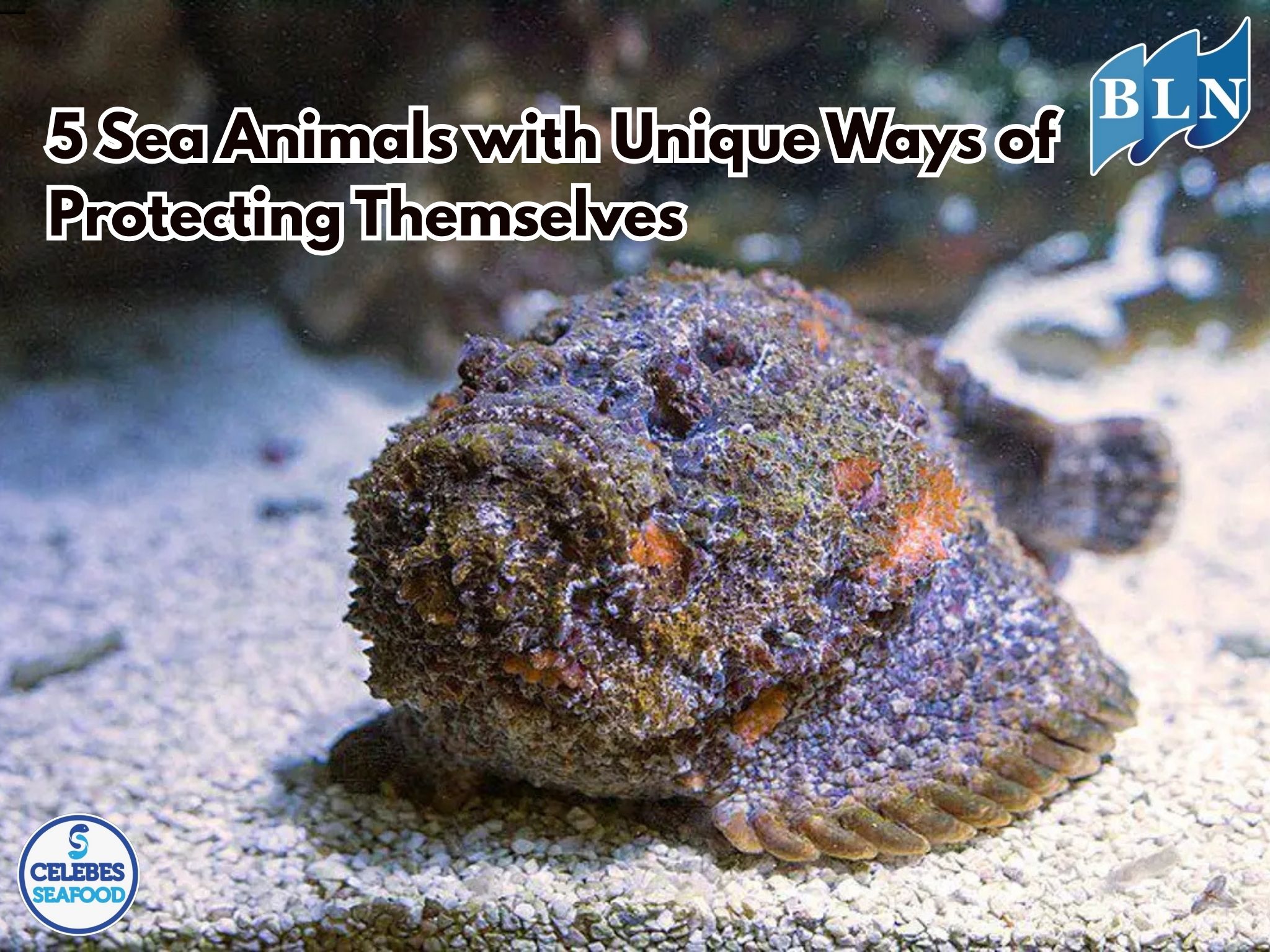
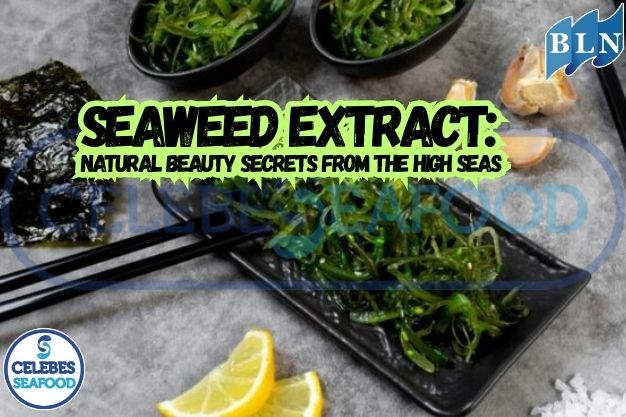
.jpg)

